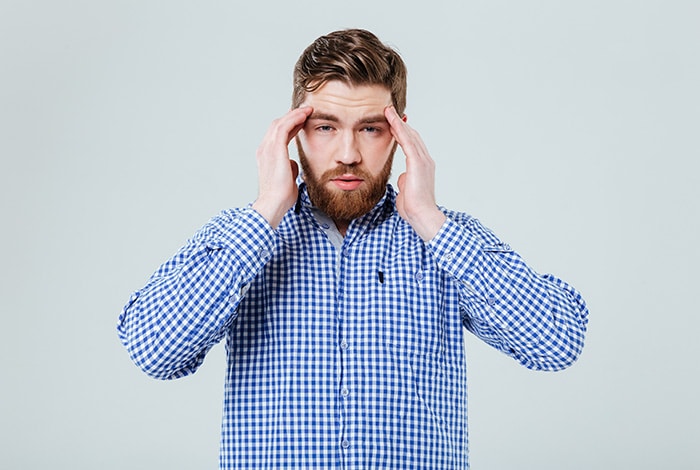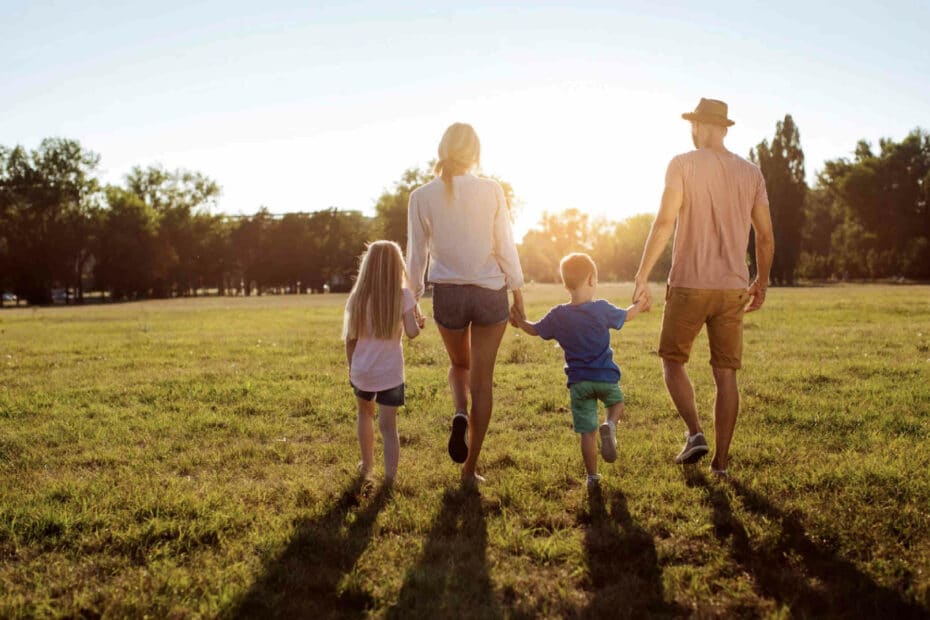Navigating the dating world in 2022 is challenging and can be even more difficult without alcohol. Unfortunately, dating culture and bar culture can seem intertwined.
A first date usually consists of talking over drinks after work, grabbing food at Happy Hour, or sipping mimosas during brunch. In general, alcohol is often used as a social lubricant to help people open up and communicate with each other. However, it is used as an unhealthy crutch in the dating world. Many individuals use alcohol to cope with dating, and intoxication can often lead to lowered inhibitions, potentially creating a dangerous situation (high-risk sexual behavior, drunk driving, a regrettable date, etc.)
Dating in a sober environment is possible, and with the right mindset and partner, you can start a successful relationship without using alcohol as a crutch.
Dating in recovery can help both parties quickly identify a natural connection. Although it can be nerve-racking, sober dating is a healthy and honest way to connect with others on a deeper level, as you are not using alcohol as a negative coping mechanism.
Date yourself before you start dating other people
It is essential to be comfortable in your own skin before you take the time to be comfortable around others and invest in a partnership. Healthy relationships are not about finding your happiness but enhancing your existing happiness. Your recovery journey most likely requires you to learn about yourself on a whole new level. You may have to sit with new and uncomfortable emotions and thoughts that you have never experienced before. You may become interested in new hobbies or have a different outlook on life. You must know yourself before you understand what you want in a partner. This stage can help you decide what you can bring to a relationship, what you want out of a relationship, and certain attributable qualities in a partner. You also must practice self-love and honor yourself before holding feelings for someone else. Once you find your happiness, you are more likely to attract others who are also happy. Dating yourself can take months to years, but it is important not to rush this stage.
Be confident in your recovery before you jump into the dating scene
Before you jump into the dating scene, you must be comfortable and confident in your recovery. Are you able to talk about your past? Can you confidently explain to a future partner that you live a sober lifestyle? Can you say “no thank you” when offered an alcoholic beverage on a date? Can you stand up for yourself and your recovery? Staying steadfast in your recovery should be at the forefront of every relationship. Even if you are successful in the dating scene, you should still carve out time to attend meetings, support groups, and therapy sessions.
Be honest with your dating partners about your recovery journey
The earlier you tell your dating partners about your recovery journey, the better. It is essential to be honest and upfront about your lifestyle. You may discover that some individuals are not comfortable dating someone in recovery, and that is okay, as everyone is entitled to their own opinions and feelings. However, letting others know about your recovery journey early on can prevent mismatches and confusion upfront and save each party a lot of time. After all, you want to find a partner who respects your lifestyle.
Avoid bar scenes and environments with alcohol
As a rule of thumb, hanging around environments where alcohol is involved is not recommended. It can trigger mixed emotions and painful memories and potentially lead to relapse. Instead, try meeting at coffee shops, restaurants, art museums, and parks or try taking a scenic walk where you can figure out connections and chemistry.
Be careful about cross addictions
Trading in one addiction for another (cross-addiction) can occur in individuals who are in recovery. Trading in your recovery for intimacy or serial dating can be a form of cross-addiction. Dating, especially online dating, can be addictive. You may find yourself spending hours swiping on dating apps and going on multiple dates a week only to discover that you are simply doing this to fill an empty void. Intimacy can work the same way. You may be intimate with multiple partners as a way to replace your urges and cravings for alcohol or drugs. Make sure that you are dating with genuine intent and not using dating as a crutch to fill an empty void or bury your urges and triggers.
Set boundaries
Are you comfortable dating someone who drinks occasionally, or do you prefer to meet a partner who is also in recovery? It is essential to establish what you are looking for and set strict boundaries for yourself. If you choose to date others who drink occasionally, be mindful of avoiding places and situations where you may feel uncomfortable or triggered.
Dating while in recovery can be new territory for many, and although it may be uncomfortable at first, the more you embrace it, the more comfortable it will become. Rely on your friends and your recovery community for advice. Generally speaking, you probably are not the only individual in your recovery support group trying to date. Share your experiences, ask for advice, and listen to others who are also navigating the dating world while in recovery.
Start your recovery journey at AKUA Mind and Body
AKUA Mind and Body is a full-service treatment center that provides residential treatment, partial hospitalization, intensive outpatient treatment, outpatient treatment, and virtual treatment to both men and women struggling with a substance use disorder, a mental health disorder, or both (co-occurring disorder). AKUA Mind and Body provides compassionate, evidence-based treatment to all individuals and families. We combine evidence-based medications and psychotherapy approaches with holistic therapies such as meditation, yoga, and equine therapy, as we believe in treating the mind, body, and spirit.
Our clinical staff and ancillary treatment teams take great pride in the care that we provide to our clients and their families. From intake to discharge, we believe in treating the client as an individual and not just treating the disorder. As a result, we provide individualized treatment plans for every client. We offer our treatment services across many locations in California, including Orange County, Newport Beach, San Diego, and Sacramento.




